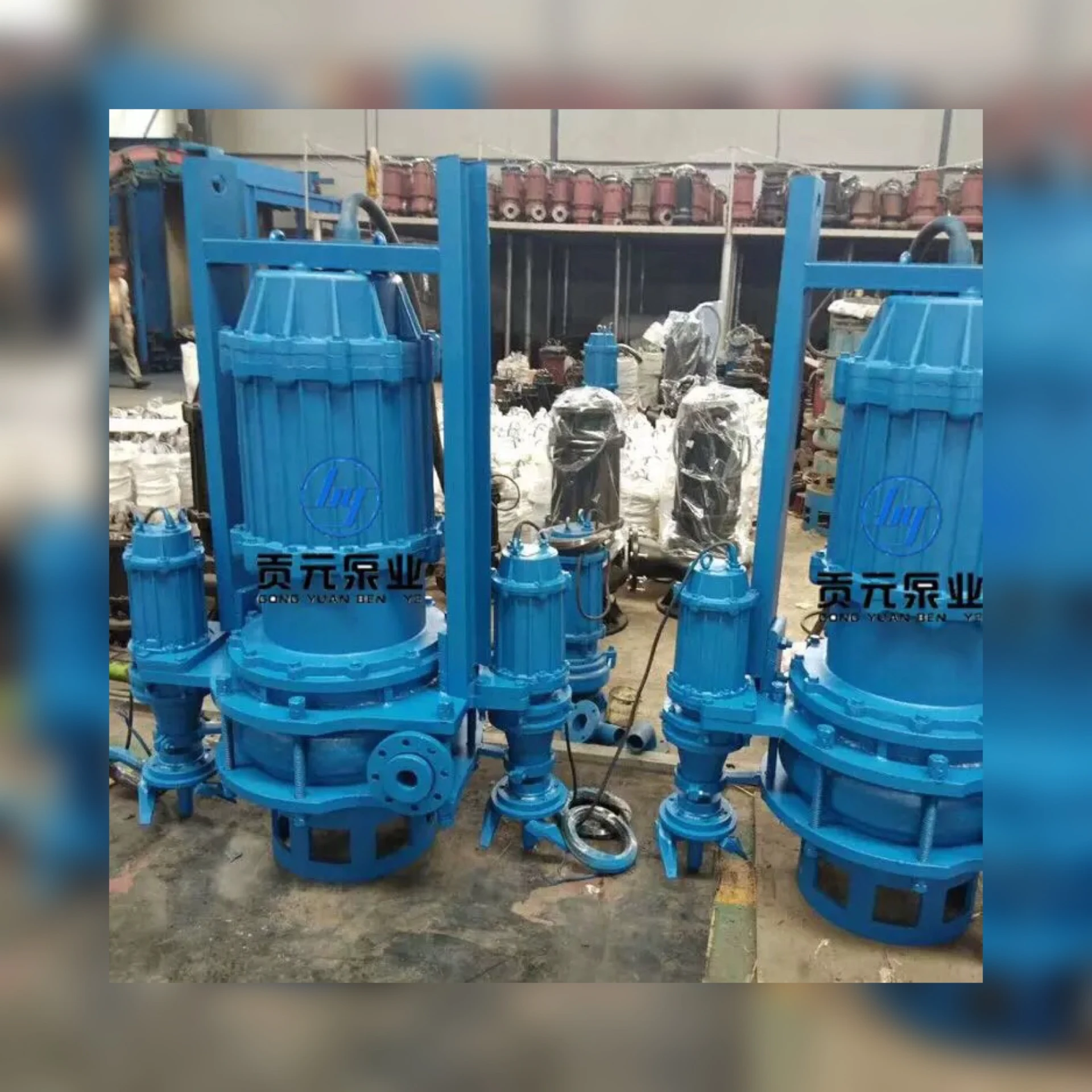kazakh
- Afrikaans
- Albanian
- Amharic
- Arabic
- Armenian
- Azerbaijani
- Basque
- Belarusian
- Bengali
- Bosnian
- Bulgarian
- Catalan
- Cebuano
- Corsican
- Croatian
- Czech
- Danish
- Dutch
- English
- Esperanto
- Estonian
- Finnish
- French
- Frisian
- Galician
- Georgian
- German
- Greek
- Gujarati
- Haitian Creole
- hausa
- hawaiian
- Hebrew
- Hindi
- Miao
- Hungarian
- Icelandic
- igbo
- Indonesian
- irish
- Italian
- Japanese
- Javanese
- Kannada
- kazakh
- Khmer
- Rwandese
- Korean
- Kurdish
- Kyrgyz
- Lao
- Latin
- Latvian
- Lithuanian
- Luxembourgish
- Macedonian
- Malgashi
- Malay
- Malayalam
- Maltese
- Maori
- Marathi
- Mongolian
- Myanmar
- Nepali
- Norwegian
- Norwegian
- Occitan
- Pashto
- Persian
- Polish
- Portuguese
- Punjabi
- Romanian
- Russian
- Samoan
- Scottish Gaelic
- Serbian
- Sesotho
- Shona
- Sindhi
- Sinhala
- Slovak
- Slovenian
- Somali
- Spanish
- Sundanese
- Swahili
- Swedish
- Tagalog
- Tajik
- Tamil
- Tatar
- Telugu
- Thai
- Turkish
- Turkmen
- Ukrainian
- Urdu
- Uighur
- Uzbek
- Vietnamese
- Welsh
- Bantu
- Yiddish
- Yoruba
- Zulu
Telephone: +86 13120555503
Email: frank@cypump.com
Қар . 12, 2024 12:18 Back to list
pump for wastewater
The Importance of Pumps for Wastewater Management
Wastewater management is a critical aspect of environmental protection and public health. One of the cornerstone technologies that have significantly improved the efficiency and effectiveness of wastewater treatment facilities is the pump. Among various types of pumps available, those specifically designed for wastewater applications are crucial for transporting, treating, and disposing of wastewater. This article discusses the importance, types, and considerations necessary for selecting pumps for wastewater management.
The Role of Pumps in Wastewater Management
Pumps play an essential role in the entire lifecycle of wastewater management, beginning from collection at the source through to treatment and final discharge into the environment or return as reclaimed water. They serve several key functions
1. Transportation Wastewater must often be moved from lower to higher elevations, especially in areas where gravity drainage is insufficient. Pumps facilitate this movement, ensuring that wastewater reaches treatment facilities efficiently.
2. Mixing In treatment processes, especially biological treatment, wastewater needs to be adequately mixed to promote microbial activity. Pumps help maintain the proper conditions for effective treatment.
3. De-Watering In sludge management, pumps help remove excess water from treated sludge, making it easier to handle and dispose of.
4. Repurposing Pumps enable the return of treated water to the environment or for reuse in various applications, reducing water wastage and promoting sustainability.
Types of Pumps Used in Wastewater Applications
When it comes to choosing pumps for wastewater management, various types are available, each suited for specific applications
. The most common types include1. Submersible Pumps These pumps are designed to operate submerged in the wastewater. They are commonly used for draining applications and have the advantage of being able to handle solids up to a certain size, making them ideal for sewage applications.
2. Centrifugal Pumps Operating on the principle of converting rotational kinetic energy into hydraulic energy, centrifugal pumps are widely used in wastewater treatment facilities for moving large volumes of water quickly and efficiently.
pump for wastewater

3. Positive Displacement Pumps Known for their ability to handle viscous fluids and sludges, positive displacement pumps are effective in applications where the transport of thick, sludge-like materials is required.
4. Vertical Turbine Pumps These are typically used in situations where there is a need for high head and moderate flow, often found in deep-well applications in wastewater treatment.
Key Considerations for Selecting Wastewater Pumps
When selecting a pump for wastewater applications, several factors should be taken into consideration to ensure optimal performance and longevity
1. Liquid Characteristics Understanding the composition and characteristics of the wastewater is crucial. This includes analyzing the presence of solids, chemicals, and any potential corrosive substances that the pump will encounter.
2. Flow Rate The expected flow rate of wastewater is a vital factor that affects pump selection. It’s essential to choose a pump that can handle peak flow conditions without causing blockages or operational issues.
3. Head Requirements The total dynamic head (TDH) needed to move the wastewater from one point to another must be calculated accurately. This includes vertical lift, friction loss in pipes, and any other resistance to flow.
4. Maintenance and Longevity Wastewater pumps are subjected to harsh conditions. Select a pump that is durable, easy to maintain, and has a good track record for longevity to minimize downtime.
5. Regulatory Compliance Ensure that the pump meets all relevant regulations and standards for wastewater management and environmental protection.
Conclusion
In conclusion, pumps are indispensable components of wastewater management systems. They not only facilitate the transportation and treatment of wastewater but also play a significant role in promoting environmental sustainability. By understanding the various types of pumps and the critical factors involved in selecting the right one, wastewater facilities can optimize their operations, ensuring effective treatment processes while minimizing environmental impacts. Investing in reliable and efficient pump systems is essential for the future of wastewater management and public health.
-
ISG Series Pipeline Pump - Chi Yuan Pumps | Energy Efficiency&Compact Design
NewsAug.03,2025
-
ISG Series Vertical Pipeline Pump - Chi Yuan Pumps Co., LTD.|High Efficiency, Low Noise, Durable
NewsAug.02,2025
-
ISG Series Vertical Pipeline Pump - Chi Yuan Pumps | High Efficiency, Low Noise
NewsAug.02,2025
-
ISG Series Vertical Pipeline Pump- Chi Yuan Pumps Co., LTD.|High Efficiency&Compact Design
NewsAug.02,2025
-
Heavy-Duty Mining Sludge Pumps - Wear-Resistant Slurry Handling
NewsAug.02,2025
-
Horizontal Split Case Pump with GPT-4 Turbo | High Efficiency
NewsAug.01,2025










